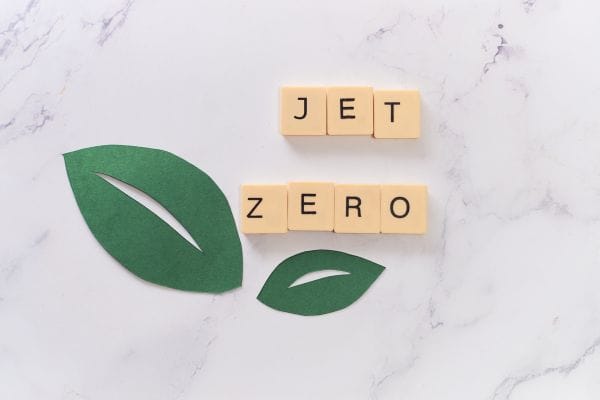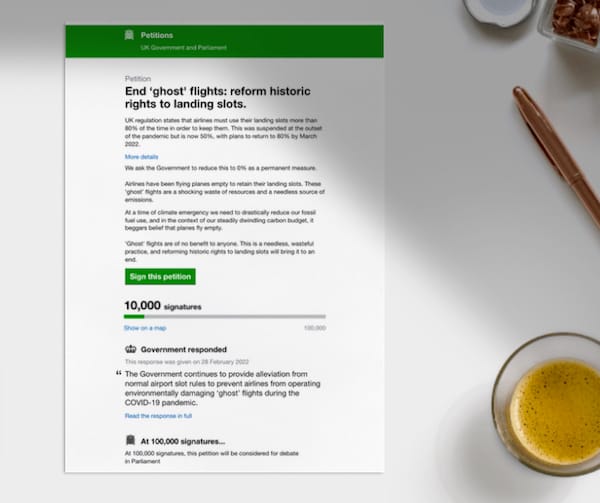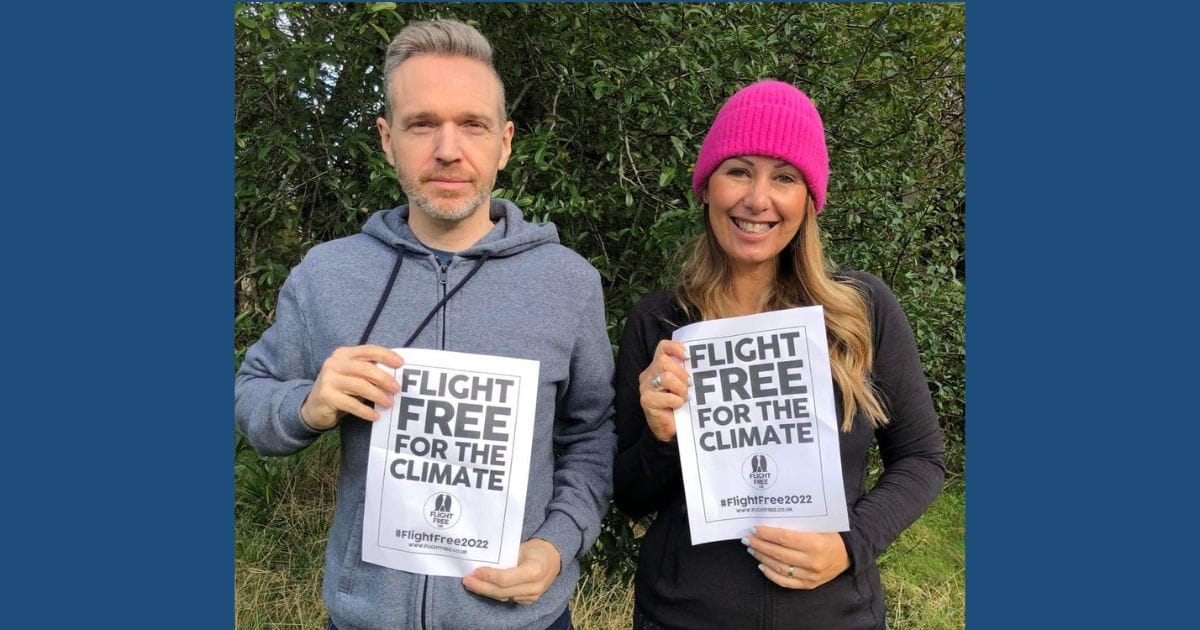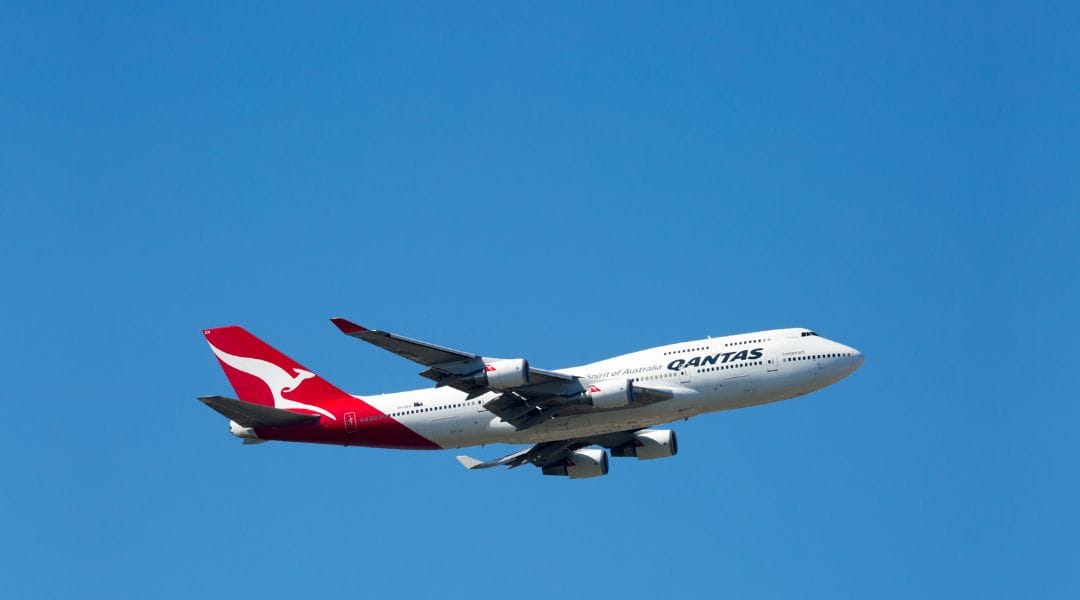When Queen Elizabeth II took the throne in 1952, atmospheric carbon was less than 315 parts-per-million.
Six years later Charles David Keeling began taking measurements that have tracked the rise of carbon dioxide in our atmosphere ever since.
You might have heard of the Keeling Curve – that’s the shape of his graph, curving ever upwards even as treaties are signed and pledges are made to reduce carbon dioxide emissions.
It was 1989 when a British Prime Minister first uttered the words ‘climate change’. It came from an unlikely quarter: Margaret Thatcher. Her calls for a global treaty on climate were made the year after the Intergovernmental Panel on Climate Change (IPCC) was set up. The IPCC’s role was to collate and assess evidence on climate change, issuing assessment reports every few years.
It was 1989 when a British Prime Minister first uttered the words ‘climate change’.
Thatcher was the ninth Prime Minister to serve under Queen Elizabeth; the first was Churchill. Harold Wilson was in the role when the US advisory committee warned that the greenhouse effect was a matter of “real concern”.
The first UN environment conference in Stockholm took place under Edward Heath’s tenure. And it was Thatcher in charge at the time of the Montreal protocol, when it was agreed that ozone-damaging chemicals should be restricted.
In the same year that Thatcher gave her climate change speech, CO2 emissions from fossil fuel burning and industry reached six billion tonnes per year.
The first IPCC report was issued in 1990. Two years later the Earth Summit in Rio was called, to “stablise greenhouse gas concentrations in the atmosphere at a level that would prevent dangerous anthropogenic interference with the climate system.” Developed countries agreed to return their emissions to 1990 levels.
At the Earth Summit in Rio, developed countries agreed to return their emissions to 1990 levels.
What has happened since? Five more IPCC reports, each one increasing in urgency and certainty that it’s human activity that is warming our climate. Emissions on the rise. Our destruction of the planet explored in popular fiction, with Michael Jackson’s Earth Song in 1995 and Al Gore’s An Inconvenient Truth in 2006. Records for the hottest year ever recorded being broken seven times: in 1998, 2005, 2010, 2014, 2015, 2016 and 2020.
How has it all gone so wrong? A clue lies in a paper commissioned in 1997 by the Reason Foundation: a “Plain English guide to climate science”. The foundation received $70,000 from the oil company Exxonmobil to “assess public policy alternatives on issues with direct bearing on the company’s business operations and interests.” In Plain English: don’t let climate action get in the way of our profits.
In 2015, global warming surpassed 1ºC. That same year it was COP15 in Paris, where nations agreed measures that would limit global warming to 1.5ºC above pre-industrial levels. The continued lack of action led, in 2018, to the Swedish schoolgirl Greta Thunberg boycotting her lessons so she could sit outside Sweden's parliament and demand they take notice. Extinction Rebellion took to the streets. The IPCC issued its starkest warning yet with the ’12 years’ report. By 2020, atmospheric carbon had reached 412ppm.
By 2020, atmospheric carbon had reached 412ppm.
In a speech to the COP26 climate conference in Glasgow, the Queen praised the young people for their relentless enthusiasm for the planet, and urged world leaders to move beyond words and towards action. She spoke of her family’s passion for conservation, and talked about how her late husband Philip had warned an academic gathering in 1969 about the dangers of failing to address pollution. She expressed pride in the environmental mantle being taken up by her son and grandchildren.
But the Royals’ personal record on climate action is not always straightforward. Despite her seeming dedication to the cause, the Queen has in the past used her privilege to avoid certain climate measures, such as her secret lobbying of the Scottish government for exemption from a green energy law. Prince Charles has always been outspoken about environmental issues, but travels by private jet and has ruled out rewilding parts of the Duchy of Cornwall. William and Kate recognise the strain of an ever-growing population on the planet, yet have three children of their own.
So much has happened since the words ‘climate change’ were first uttered, yet nothing has really changed.
What can we learn from looking back at climate progress over the past 70 years? That the battle is bigger than any of us: the Royal family, the government, industry lobbyists. That awareness has always been there, but seems to take a back seat to the more pressing issues of the day. That 70 years is both an extremely long time and no time at all. So much has happened since the words ‘climate change’ were first uttered, yet nothing has really changed.
As we celebrate the Platinum Jubilee with bunting, bubbly and flypasts, the Keeling Curve continues to race ever northwards. We don't have another 70 years in which to fix this. We must all find our role. Never has it been more important and urgent.
The best time to take climate action was 70 years ago. The second best time is now.
A climate timeline
1958 Charles David Keeling starts measuring atmospheric CO2. Within 4 years the project shows that levels are rising.
1965 US Presidential advisory committee warns that greenhouse effect is a matter of “real concern”.
1972 First UN environment conference in Stockholm.
1987 Montreal protocol agreed, restricting chemicals that damage the ozone layer
1988 IPCC formed to collate and assess evidence on climate change
1989 Thatcher speech to UN: "We are seeing a vast increase in the amount of carbon dioxide reaching the atmosphere… The result is that change in future is likely to be more fundamental and more widespread than anything we have known hitherto." She calls for a global treaty on climate change.
1989 CO2 emissions from burning fossil fuel and from industry reaches six billion tonnes per year
1990 First IPCC report
1992 Earth Summit, Rio. The United Framework Convention on Climate Change's key objective is "stabilization of greenhouse gas concentrations in the atmosphere at a level that would prevent dangerous anthropogenic interference with the climate system". Developed countries agree to return their emissions to 1990 levels.
1995 Second IPCC report
1995 Michael Jackson Earth Song
1997 Kyoto protocol: developed nations pledge to reduce emissions by an average of 5% by the period 2008-12, with wide variations on targets for individual countries.
1997 A plain English guide to climate science published by the Reason Foundation. The foundation received $70,000 from Exxonmobil to “assess public policy alternatives on issues with direct bearing on the company’s business operations and interests.”
1998 Warmest year on record
2001 Third IPCC report
2005 Hurricane Katrina hits
2006 Carbon emissions from fossil fuel and industry reach 8 billion tonnes per year
2006 Al Gore’s An Inconvenient Truth
2007 Fourth IPCC report, saying it is more than 90% likely that humanity's emissions of greenhouse gases are responsible for modern-day climate change.
2008 The Keeling project shows that CO2 concentrations have risen from 315 parts-per-million (ppm) in 1958 to 380ppm in 2008.
2009 UN climate summit in Copenhagen
2012 Arctic sea ice reaches a record for the lowest summer cover since satellite measurements began in 1979.
2013 Fifth IPCC report
2015 Global warming surpasses 1ºC
2015 COP21 Paris. Signatories promise to keep global warming within 1.5ºC of the preindustrial average.
2018 Greta Thunberg strikes outside Swedish parliament
2018 IPCC special report – the “12 years” report
2019 Flight Free UK launches. 6800 people sign the pledge to be flight free in 2020
2019 Boris Johnson calls climate protestors “crusties”
2020 Covid 19 pandemic
2020 Atmospheric carbon hits 412 ppm
2021 Sixth IPCC report: the “red alert” report
2021 Atmospheric carbon hits 416ppm
2021 Conservative government approves new coal mine
2021 Queen says "we are going to have to change the way we do things"
2022 Duchy of Cornwall and Lancaster refuse to engage with rewilding projects on their land




